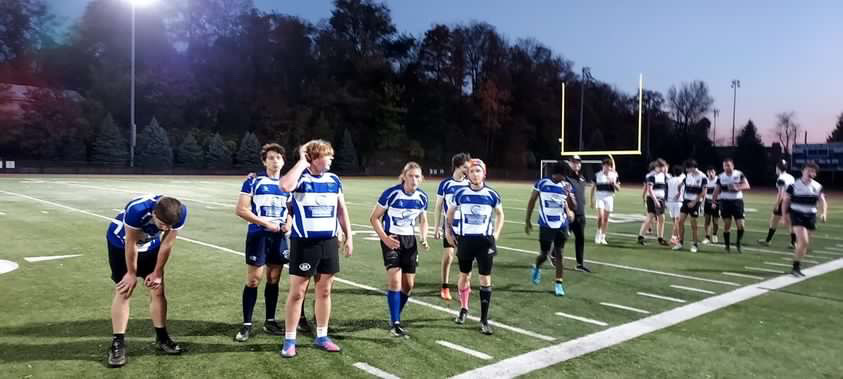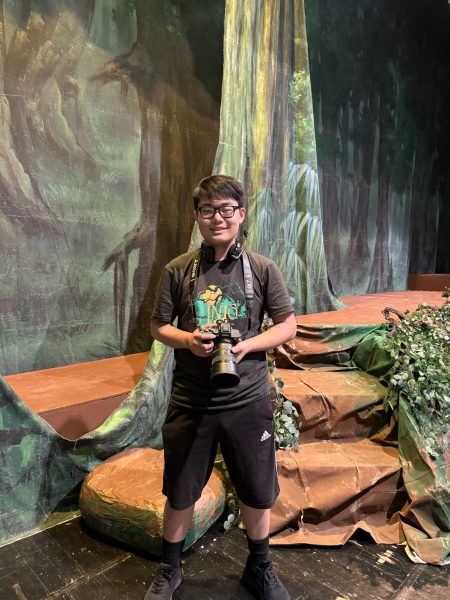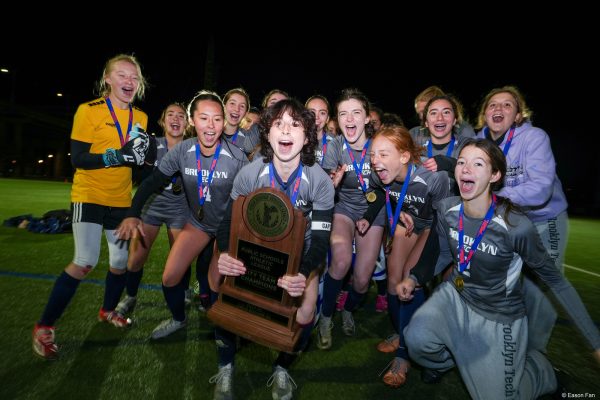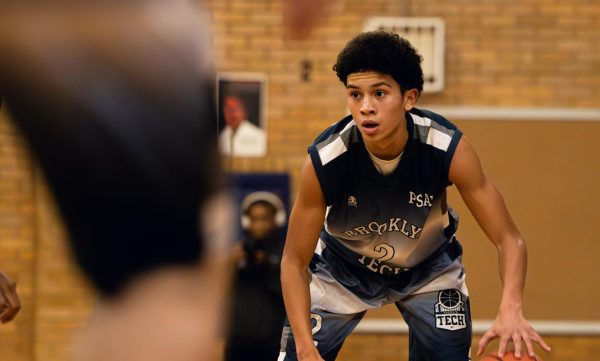Tech Rugby in Scrum for PSAL Recognition
To most, a rugby match in May of 1874 between Harvard and McGill has little significance, but for the members of the Brooklyn Tech Rugby Club, it is the reason they have the chance to play the sport today. The match was the first time rugby was played in the United States, and the contest led to the growth of the sport nationwide.
The original roots of the sport lie in England during the early 19th century. While rugby is often compared to American football, the two sports are distinct. Rugby players play without pads or protection, aren’t allowed to throw the ball forwards, and are unable to block for their teammates. Despite the growing popularity of the sport, high schools have been slow to create teams, especially in New York City’s Public School Athletic League (PSAL).
There are currently twelve permanent squads in the PSAL’s rugby league, but one notable school is missing from the list: Brooklyn Tech. Tech Rugby Coach William Schell has applied numerous times to officially enter the team into the PSAL league, but has been repeatedly denied.
This decision is especially befuddling considering the small size of the league for a sport attempting to gain more traction city-wide. The Survey reached out to the PSAL Rugby Coordinator to investigate the rationale behind the repeated rejections, but received no response.
Captain Timur Khakimov (‘23), noted that these actions by the PSAL continue to make life difficult for the team, from needing to self-provide medical insurance from being forced to make long commutes to the Bronx for games and tournaments. Combined with Tech’s notoriously intensive academic workload, the challenges that multi-hour commutes create have continued to be a detriment for Coach Schell.
Despite these obstacles, Schell has been able to create not only a successful team, but a growing community. Of the eighteen team members, Captain Alex Vega (‘23), came to rugby in the most unlikely of ways. Having tried out unsuccessfully for the basketball team, he still hoped to compete for Tech in some capacity, and came across Schell’s program. Now taking a leadership role in his third year on the team, Vega has been a big proponent of growing the club for the future.
The adjustment to a unique, new sport was not easy. Vega admitted that it took him “a while” to learn all of the rugby’s rules and intricacies.
He scoffed at the comparison to football, as “the physicality is completely different.” He credited Coach Schell for being a constant resource for him in the early stages of his tenure, and for preparing him to use his experience to pass that knowledge on to newer players.
Khakimov’s path to the rugby team was also far from orthodox. He had no previous experience, but joined to team up with Vega, a close friend. However, his lack of experience in the sport did not stop him from making an instant impact on the team. Unlike Vega, he felt that it was easy to get used to the rules.
Although his time as a member of the team is coming to an end, Khakimov reiterated how proud he is of the program’s groth. “I’m really proud of the work the young guys have put in,” he said.
With the leadership of Schell, Vega, and Khakimov, the BTHS Rugby Club continues to participate in more NYC metropolitan area rugby tournaments, as they navigate the challenges of trying to achieve PSAL membership and grow a sport that is not yet ingrained into American culture. However, all involved with the program believe that the ceiling is limitless for rugby at Brooklyn Tech.

Jacob Tobman (he/him) is a the editor of Sports. Jacob first decided to join The Survey because of his...











































